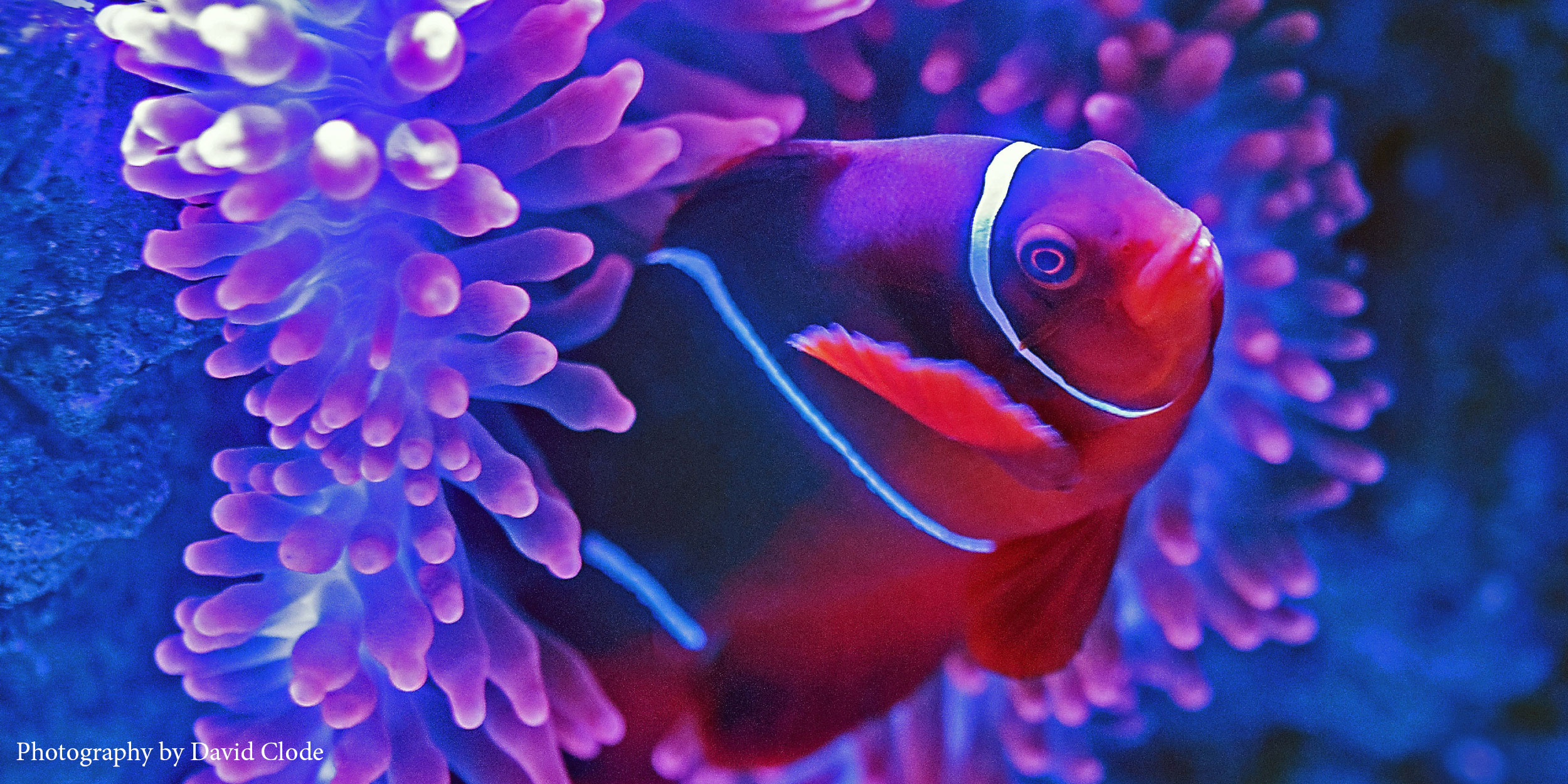Most of us value the ocean for more than just a coastal view. But the oceans that we know and love are changing rapidly. Once treated as a dumping ground and considered an inexhaustible resource, our oceans are now in crisis and need our help!!
Malindi and Watamu Marine Parks and Reserve were first established in 1968. They were the first Marine Protected Areas (MPA’s) in Kenya and only third in the world. Both parks then became part of a UNESCO world biosphere site in 1979.
So what is an MPA?
IUCN’s definition of an MPA is “a clearly defined geographical space, recognised, dedicated and managed through legal or other effective means, to achieve the long term conservation of nature with associated ecosystem services and cultural values”.
MPA’s are areas that have been designated for protection from human pressures. Human activity is usually limited and many activities are restricted in order to protect the natural environment. MPA’s are used as tools to conserve the marine environment as well as marine biodiversity. They’re extremely important today as oceans are under intense pressure due to over-fishing. This fishing pressure on our fragile oceans continues to intensify and MPA’s will help us to ensure our marine resources are used in a sustainable manner so they can thrive into the future.
Usually a governing body within a country will manage their MPA’s or marine parks, however many conservation organisations are usually involved and consulted. Kenya Wildlife Service are responsible for managing the Marine National Parks in Kenya. By enforcing the restrictions on an MPA , such as it being a ‘no take zone’ where fishing is banned, there will be what is known as the ‘spill over effect’. This means that even though there is no fishing permitted in one area, the increased abundance of fish populations, and diversity of species in this area will spill over into areas outside the MPA where fishing is allowed.
MPA’s can therefore provide benefits to local communities living in or around the park by increasing fish populations which in turn lead to better catches for local fishermen. They can also provide new sources of income for local people, for example through tourism and park management.

